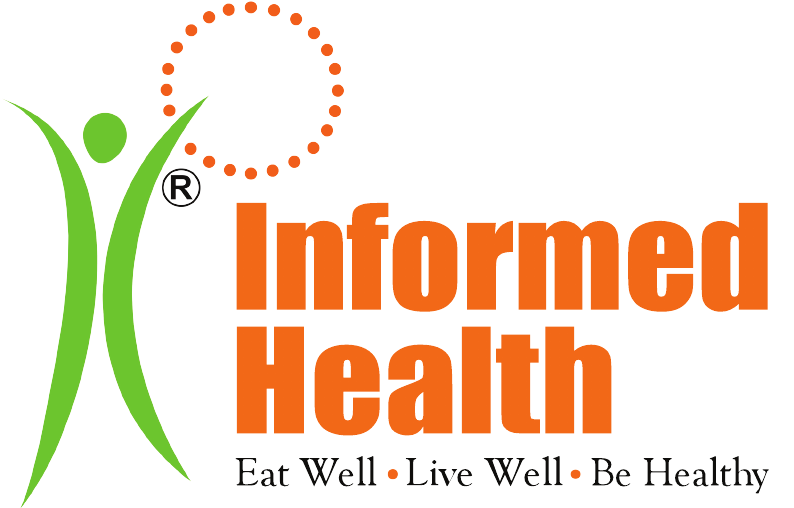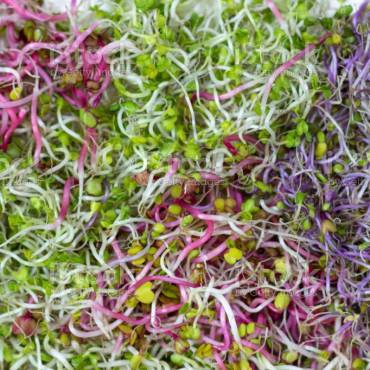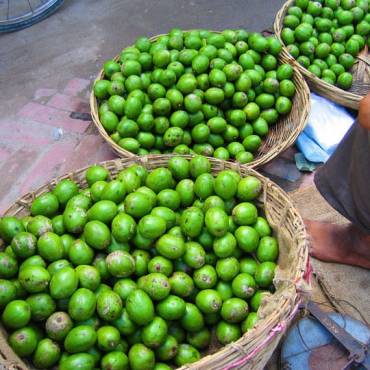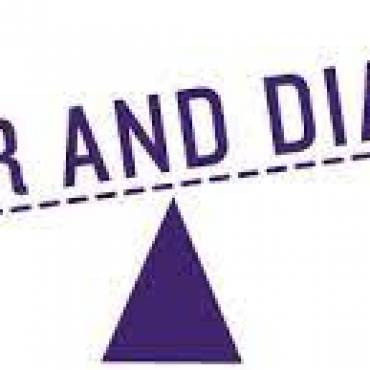Exam time is the time of stress and heightened physiological needs. While some amount of stress is good as it helps the body to focus better and extend its limits, prolonged stress will only bring down the productivity Not just that the anxiety and long studying hours impacts the digestive system and causes issues like nausea, acidity, bloatedness. It also sends hormones out of balance causing loss or increased appetite, cravings, issues focusing, lethargy and fatigue.
Increased working hours and cognitive involvement during exam time also enhances body’s need for nutrients. Yes, I repeat “Increased working hours and cognitive involvement also enhance body’s need for nutrients”. You heard me right, it’s not food, but nutrients that fuel our body. And its imperative that we understand the significance of this all the more during this crucial phase of our kid’s life.
Here are some simple tips to help a steady flow of energy for your child and to combat the above-mentioned issues. Eating right will also help to combat stress and reduce symptoms of stress, helping children stay calm, focused and energized during this stressful time.
- Eat freshly prepared food. Fresh food has nutrients that nourish the body, provide the necessary minerals, vitamins, bio-molecules that support the million biochemical reactions occurring in the body. Eating fresh food fills you with vitality, keeps you energetic and enhances concentration. Eating out the box does exactly the opposite. The packaged foods are high on chemicals in form of additives, colorants, preservatives, emulsifiers etc. These are ‘foreign’ to the body and the body and brain does not recognize them as source of energy and make you feel heavier, dull and low on energy.
- Start your day with a healthy home cooked breakfast. Even on days of study leave, never skip breakfast. It’s the most important meal of the day and stabilizes your blood sugar levels. Based on the region you belong to, choose from poha, upma, idli, dosa, parantha. Keep bread intake to minimum.
- Eat small and frequent: Eating huge portions at a time will direct the blood in proportions to the portion consumed towards digestive organs for proper digestion, absorption and assimilation, diverting it from cognitive functions. This will thus make you feel sluggish and also hamper focus and memory. Keep meal portions regulated, but make them more frequent. For more ideas on balanced wholesome meals read our post titled Wholesome Tiffin for School Children
- Stay well hydrated: Include lots of hydrating drinks ( tea and coffee are not hydrating). You may include coconut water, local sharbats, soups, milk, milk shakes, shikanji, sugar cane juice. Drinking water is extremely essential. To know if you are drinking enough read our from #0 Days Informed Health Challenge Day 7 – Drink more water
- Eat well cooked food: Loading on salads, vegetable juices during this time is not advisable. Body’s digestion is compromised in the stressful time, so I recommend that food that can be easily digested is used as against food that puts higher demands on the body.
- Include Curd: Curd is a great probiotic. It’s also amongst the food that settles the acid reflux. Thus, when appetite is lost in situations of stress, small amount of curd with sugar or a fruit like Banana or strawberries helps nourish the body and prevents acid reflux. It’s a great source of amino acids, thus stabilize blood sugars. Being a probiotic is helps to enhance and maintain the population of good bacteria in the body that help towards proper cognitive function and hormonal stability.

7. Use of Ghee: Ghee is the brain food. It’s high omega 3 content boosts concentration, memory and prevent brain fog. Eat 1 tsp ghee with each meal.
8. Snack on the right foods: Snacking with wrong options will fail you terribly despite all efforts put towards healthy eating. Choose snacks that are closer to their natural state like fruits, nuts, murmura, makhana, peanuts, chana as against chips, namkeen, nachos, bakery products, biscuits and the likes.
9. Eat familiar food: Exam time is not the time to experiment new cuisines. Stay with what you have eaten in the past. Ideally eat home cooked meals. Speculations always surround the hygiene of outsourced food. They are also high on sodium, they are mostly not fresh (the vegetables etc are chopped long before) and are often heated and reheated, losing all nutritional benefits.
10. Eat early dinner. An early dinner meal ensures proper digestion of meal and prevents gastric issues. Incase you are studying till late and fear that you might get hungry later at night with an early dinner, do not worry. There are always healthier options available. You could have nuts, makhana, roti and gud or milk at night as your study snacks.
Be Smart, Eat Smart, Prepare Smart. Good luck for your exams ?







